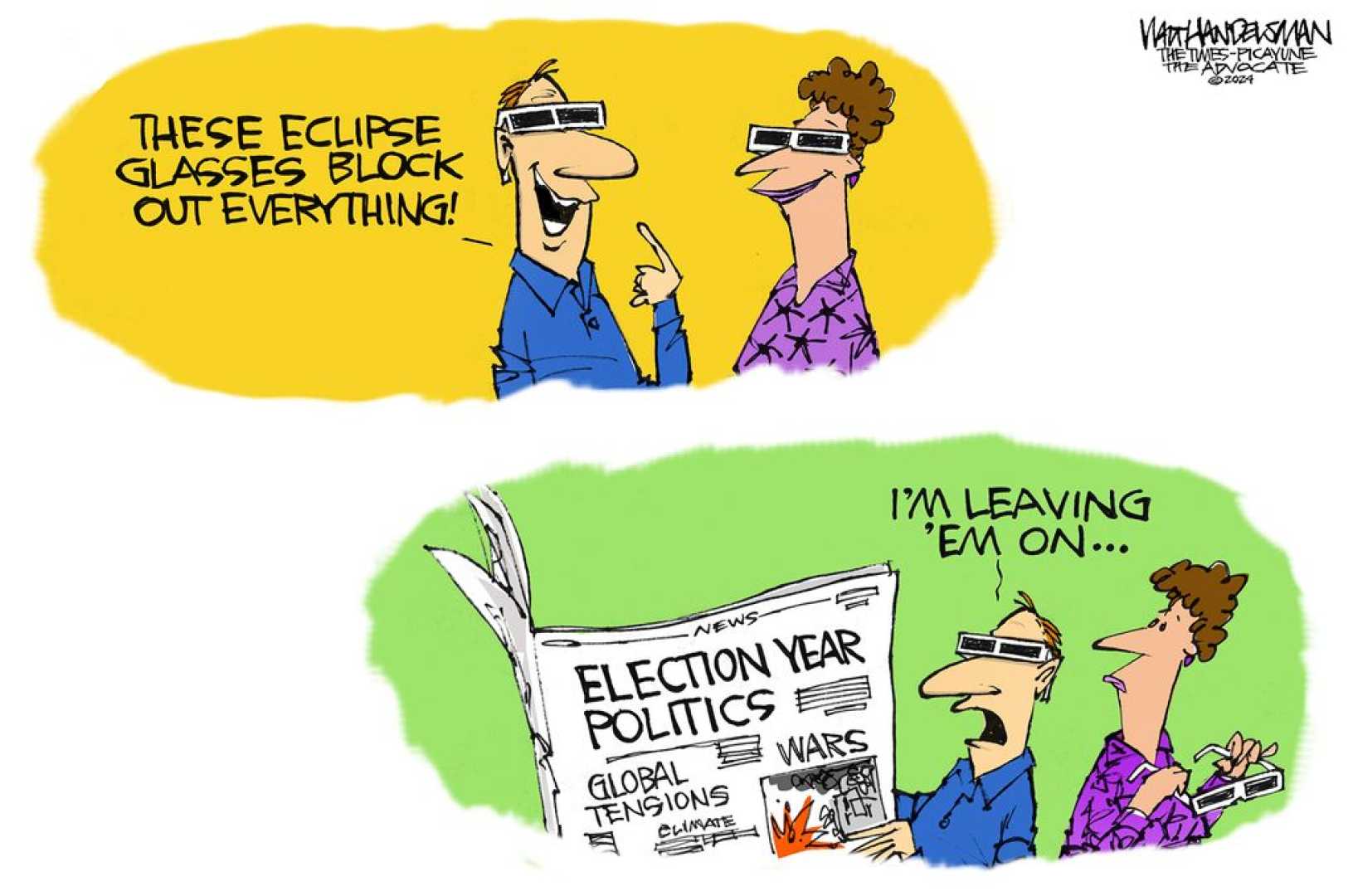News
NSW Council Elections 2024: Key Developments and Candidates

The 2024 local government elections in New South Wales have witnessed significant developments, showcasing political missteps and changes in candidate dynamics. In particular, attention has been drawn to the Northern Beaches, where the NSW Liberal Party has banned the use of party-branded materials for their accidental candidate, Mandeep Singh. Despite intending to run under the party’s banner, Singh mistakenly filed his nomination independently, leaving him as an independent on the ballot while still recognized as a Liberal member.
Elsewhere, political challenges and sentiments of change are in the air. In Lane Cove, former Liberal mayor Scott Bennison, now running as an independent after losing preselection, aims to capture the conservative vote in the absence of official Liberal candidates. Meanwhile, at polling stations like North Sydney Girls’ High School and Ku-ring-gai, voter engagement appears low, with many expressing disconnect from the election specifics.
The election climate in Woollahra includes a referendum to reduce the number of councillors from fifteen to nine, a measure put forth by Mayor Richard Shields. Advocates argue for cost efficiency, akin to neighboring councils, while critics voice concerns about reduced representation and diversity of viewpoints.
Political scientist Dominic O’Sullivan highlighted a worrisome trend of uncontested seats across 14 areas, presenting a grim picture of local democratic engagement. Factors such as party nomination issues and general apathy contribute to the lack of candidates. Meanwhile, in the City of Sydney, Liberal mayoral candidate Lyndon Gannon calls for a fresh generational approach after two decades under Clover Moore.
The election period also saw tensions arising from the international Israel-Gaza conflict affecting local political visuals. In Inner West, candidates’ signage has suffered vandalism, with some defaced within minutes of being displayed, adding a layer of complexity to the local elections.
In diverse areas like Cumberland, voting patterns reflect community sentiments. Local candidates and voters discuss broader societal issues, such as cost of living and community values, in contrast to political campaigns that have sometimes focused on divisive topics.
Throughout these events, New South Wales residents continue to voice their concerns and desires for effective local governance, marking this election period as a turning point for many communities.












